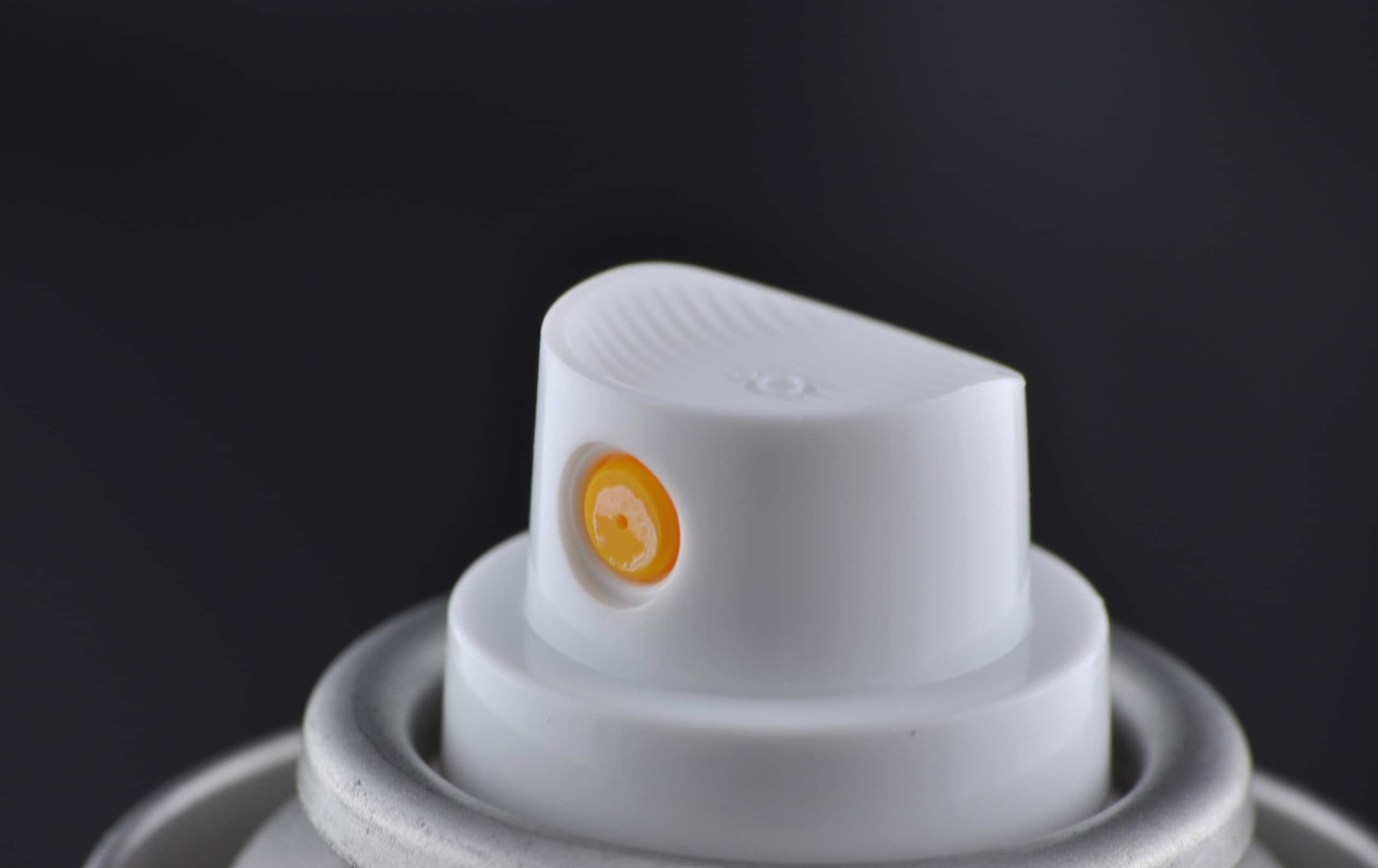Today’s aerosol solvents are head and shoulders above the solvents of just twenty years ago. Improvements have been made to many aerosols that have eliminated the toxic nature of its ingredients. When businesses and citizens were made of aware of the alarming hazardous ingredients of aerosol cans, even the simple aerosol bottle sprays found in homes used by people in everyday occurrences, a movement began to address and find alternative measures for this problem. It was shocking how truly harmful a regular aerosol can could be the environment, and to people who were casually using them for trivial, everyday needs. Fortunately, at present, we as a nation are quite aware of hazardous aerosol ingredients, and can now use eco friendly, green alternative aerosol solvents that have features and benefits that are way above anything we have ever had before. Some features and benefits of eco friendly, green alternative aerosol solvents include the following:
1) Direct stream – Almost all aerosol canisters offer a direct stream option, which prevents aerosols from emitting a wide spray that has proven to waste the solvent because it uses more of the solution per spray attempt, and actually does not land on its intended target as precisely as does a direct stream. In other words, a direct stream provides the user with reduced overspray, which directly leads to less waste.
2) Fast drying and little-to-no odor – Because most aerosols developed today allow the user to apply less chemical to the product needing cleansing, the surface of the product has the opportunity to dry much faster than it previously did. In addition, newer aerosol solvents are releasing fewer odors, effectively eliminating ingredients that enable odoriferous delicacies that actually were developed with harmful chemical compounds that provided the odor.
3) No rinsing and no residue – In most previous aerosol models, the application of less chemicals usually meant less processing needs for the part(s). Today, through the help of effective modifications and advancements in aerosol design, aerosols can eliminate the need for the rinsing of part(s), along with the need for habitual residue removal.
4) Non ozone depleting – Using environmentally preferred chemical solutions, which have begun dominating the ingredients for new aerosol canisters, thanks to the help of environmentally conscious organizations such as Ecolink, means that current aerosols can be manufactured with a non ozone depleting quality. Eco friendly, green alternative solutions are in abundance as of late, even for aerosols. Therefore, the evolution of environmentally preferred aerosol ingredients, as long as people and businesses transition to these eco friendly, green alternative options, should come to prevent the use of any ozone depleting variations of aerosols.















